Transferring nuclear weapons to Ukraine would result in further escalation in the conflict with Russia, according to the deputy chair of the country's Security Council, former president Dmitry Medvedev.
"It seems that my sad joke about the crazy senile Biden, who decided to leave this life gracefully, taking a significant part of humanity with him, is turning into a frightening reality," Medvedev posted to Telegram on Tuesday morning.
His comments follow media reports that last week suggested, citing anonymous officials, that the Biden administration could equip Kyiv with nuclear weapons to shore up its deterrence mechanisms against further aggression ahead of the inauguration of Donald Trump in January.
Newsweek has contacted the White House regarding these reports and for a response to Medvedev's statement.
"The very threat of transferring nuclear weapons to the Kyiv regime can be considered as preparation for a nuclear conflict with Russia," Medvedev said.
"The very idea is so absurd that it raises suspicions about the presence of paranoid psychosis in Joe The Walking Dead and all those who discuss the advisability of such a step," he added.

Amid the dissolution of the Soviet Union in 1991, Ukraine faced pressure both domestically and internationally to surrender the strategic nuclear warheads and tactical nuclear weapons it had on its territory, which numbered up to 6,100 at the time, according to the Nuclear Threat Initiative.
In 1994, Ukraine assented to these demands, signing the Budapest Memorandum on Security Assurances. Through this treaty, Ukraine completed the transfer of its entire nuclear arsenal to Russia by mid-1996 in return for assurances that its newfound sovereignty and territorial integrity would be respected by the Russian Federation.
While Ukraine makes significant use of nuclear energy to this day, as a signatory to the Non-Proliferation Treaty it has not attempted to procure nuclear weapons.
However, the onset of Russia's full-scale invasion in 2022 sparked some regret from many world leaders over Ukraine's decision to relinquish this arsenal. In April 2023, former President Bill Clinton, who as U.S. president helped orchestrate the 1994 Budapest Memorandum, told Irish outlet RTE that Russia might have opted against the invasion if Ukraine still possessed a nuclear deterrent.
"I feel a personal stake because I got them to agree to give up their nuclear weapons," Clinton said. "And none of them believe that Russia would have pulled this stunt if Ukraine still had their weapons."
In mid-October this year, during a speech in Brussels, Ukrainian President Volodymyr Zelensky said that he had told President Trump, during their September meeting, of the need for Ukraine to develop a nuclear weapon to deter Russian aggression.
"Either Ukraine will have nuclear weapons and that will be our protection or we should have some sort of alliance," Zelensky said he told Trump. "Apart from NATO, today we do not know any effective alliances."
Zelensky rowed back on these comments later that same day, during a press conference with NATO Secretary General Mark Rutte.
"We never spoke about that we are preparing to create [a] nuclear weapon or something like this," the Ukrainian president said, clarifying that his comments were rather an expression of regret at the failures of the Budapest Memorandum.
Do you have a story we should be covering? Do you have any questions about this article? Contact LiveNews@newsweek.com.
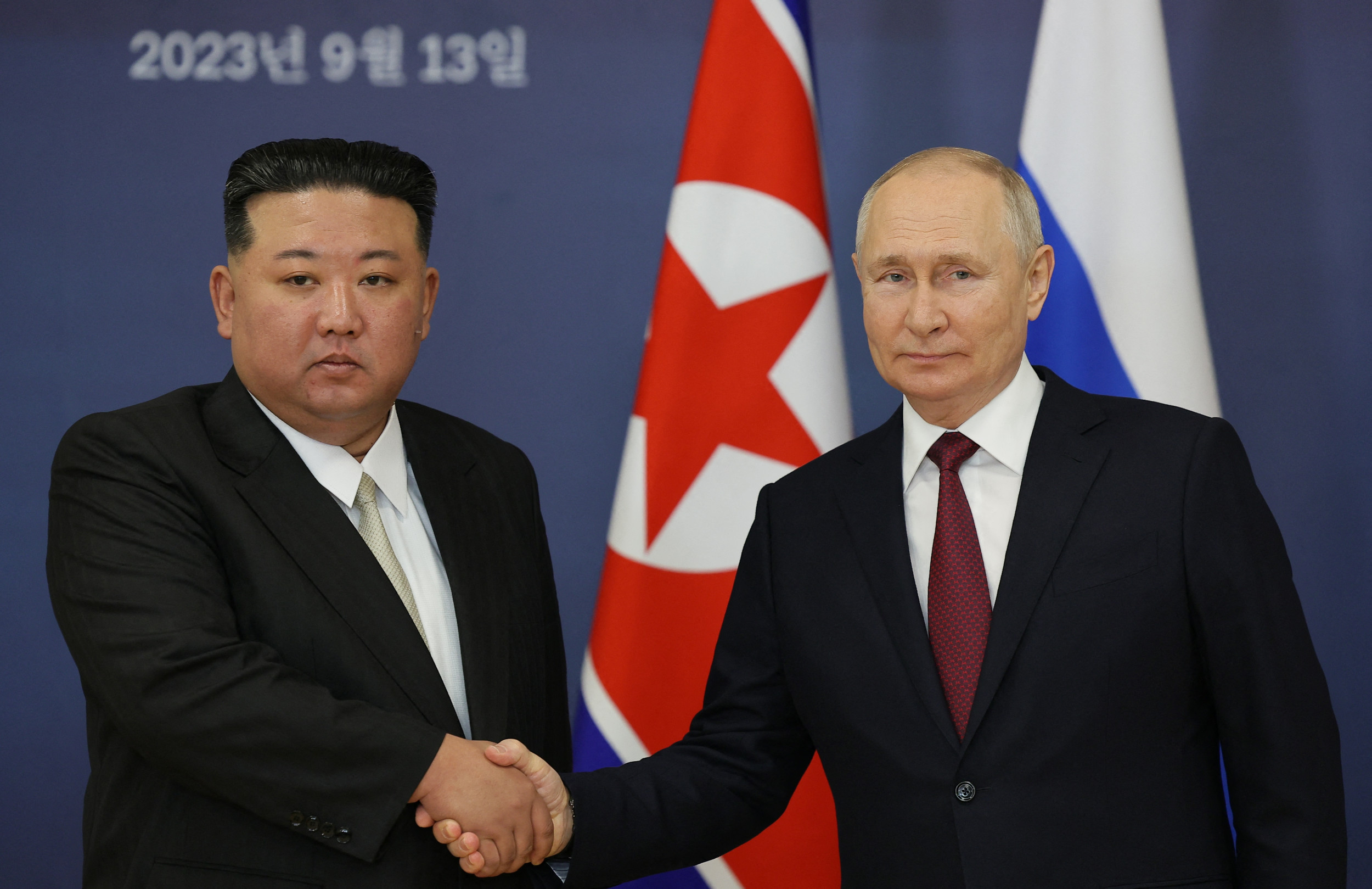

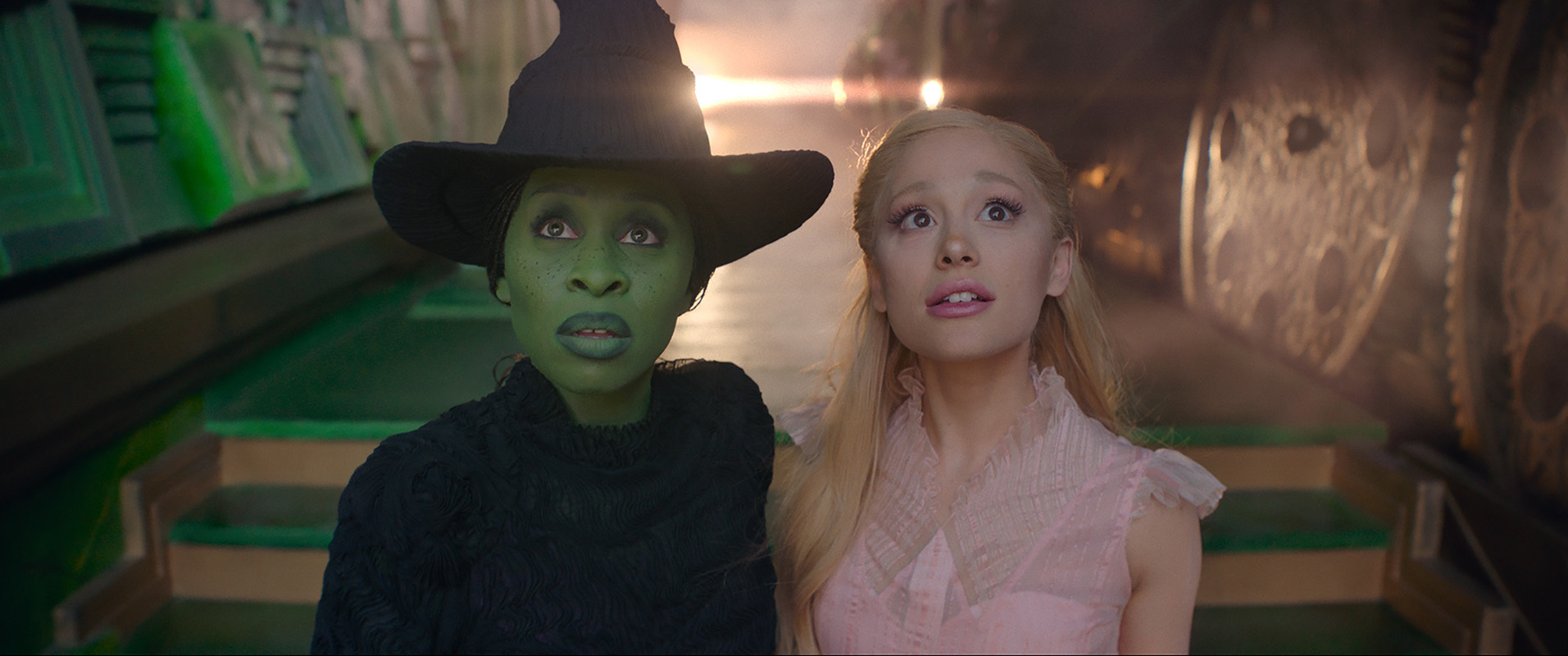

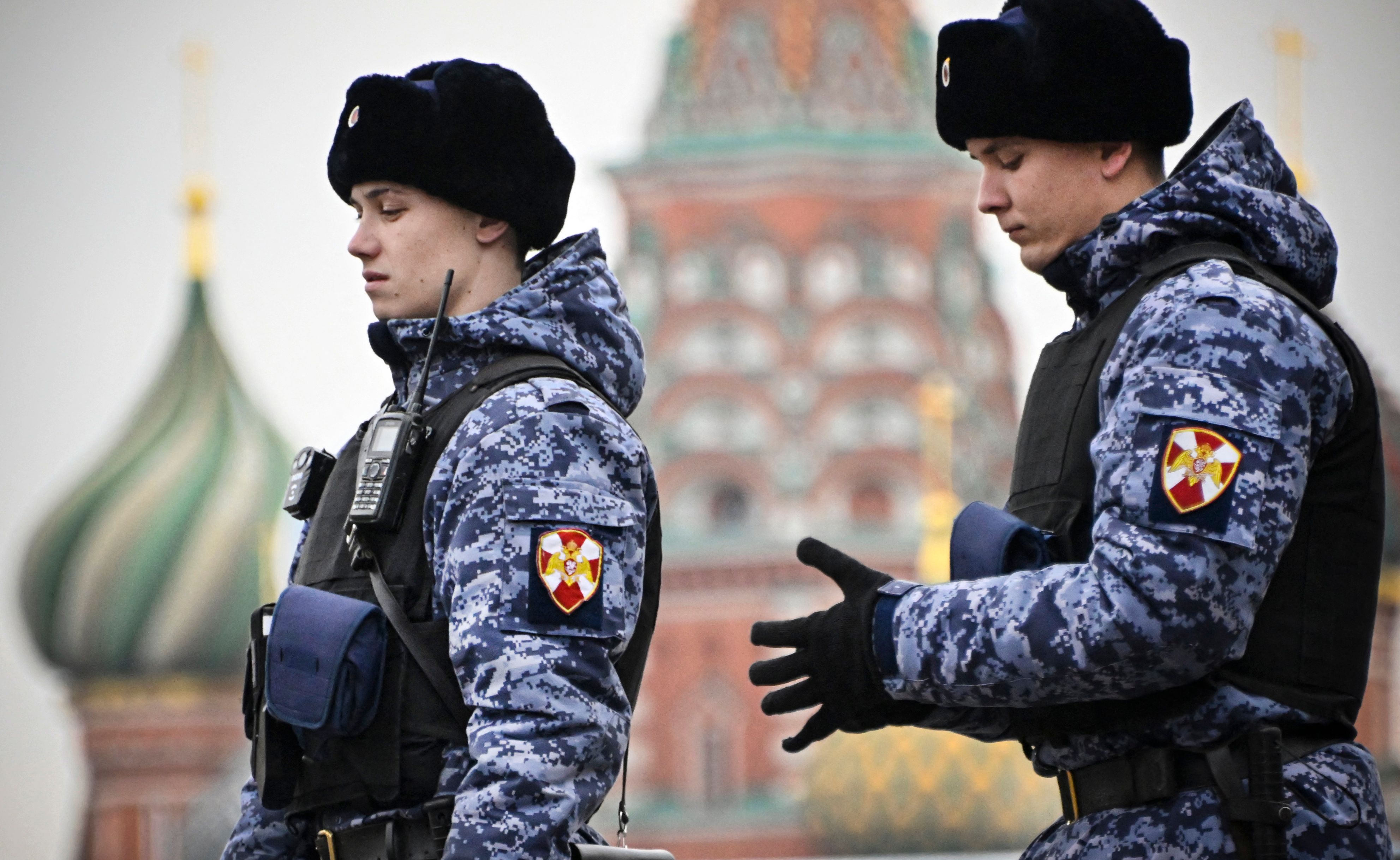



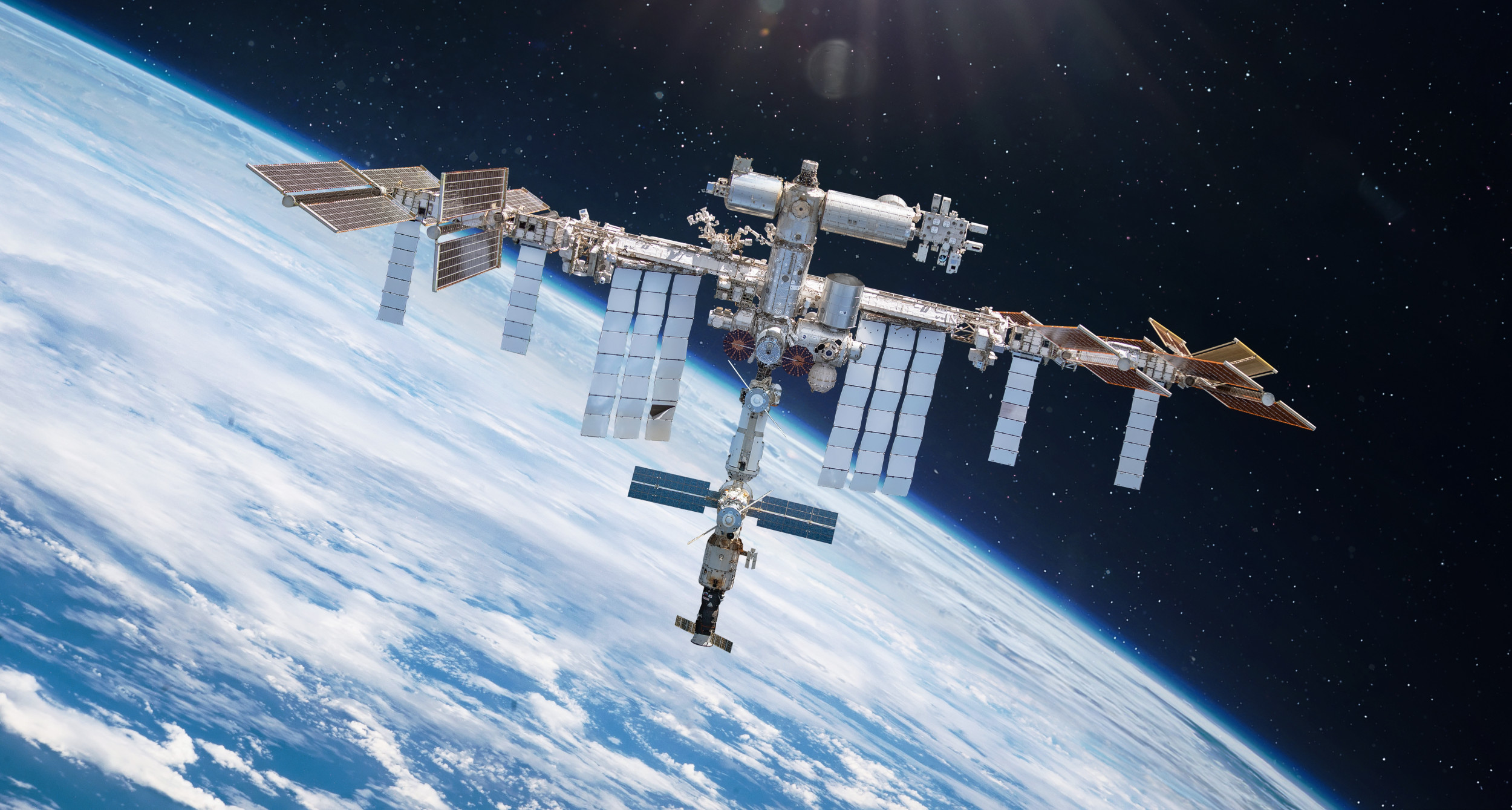
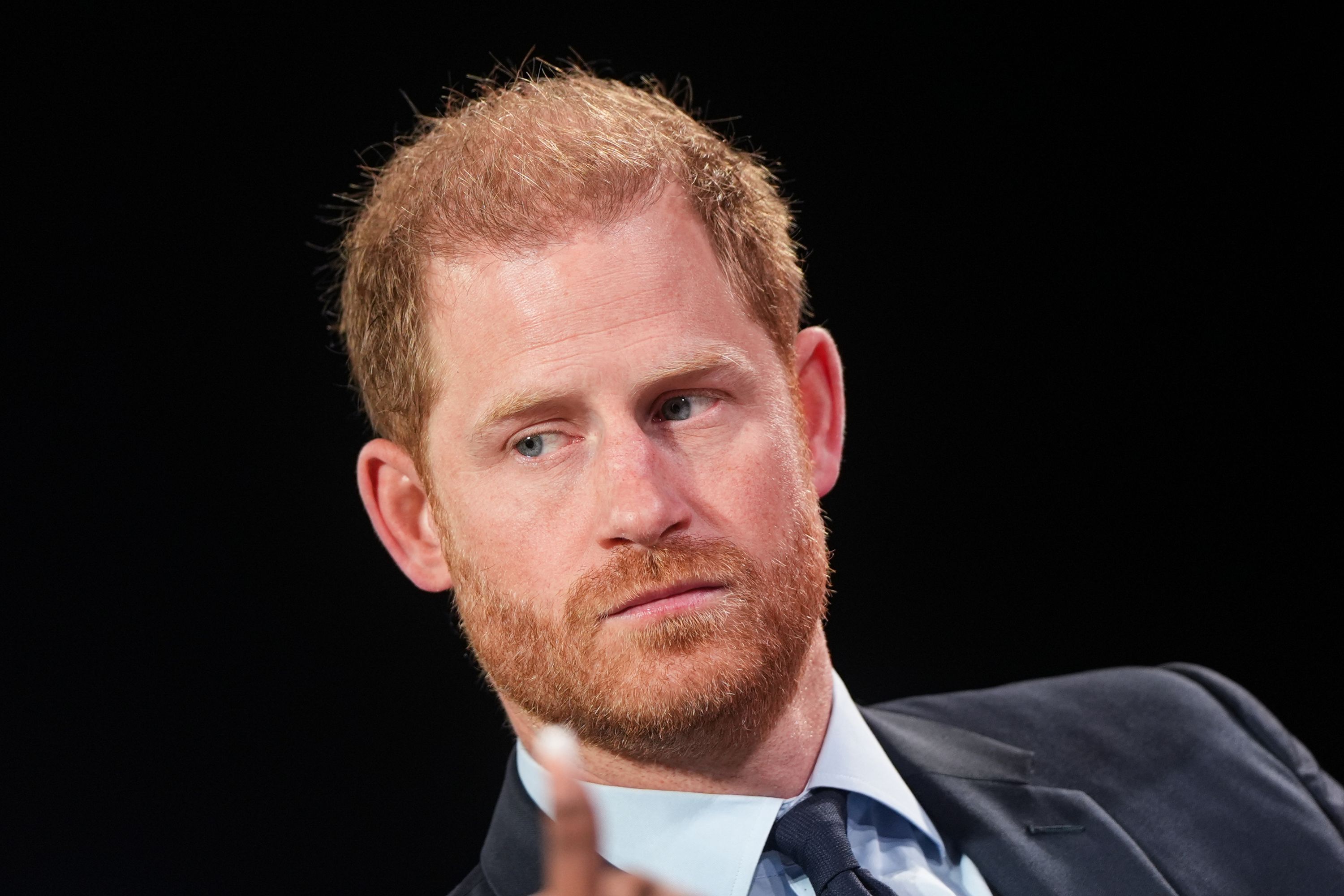









 English (US) ·
English (US) ·